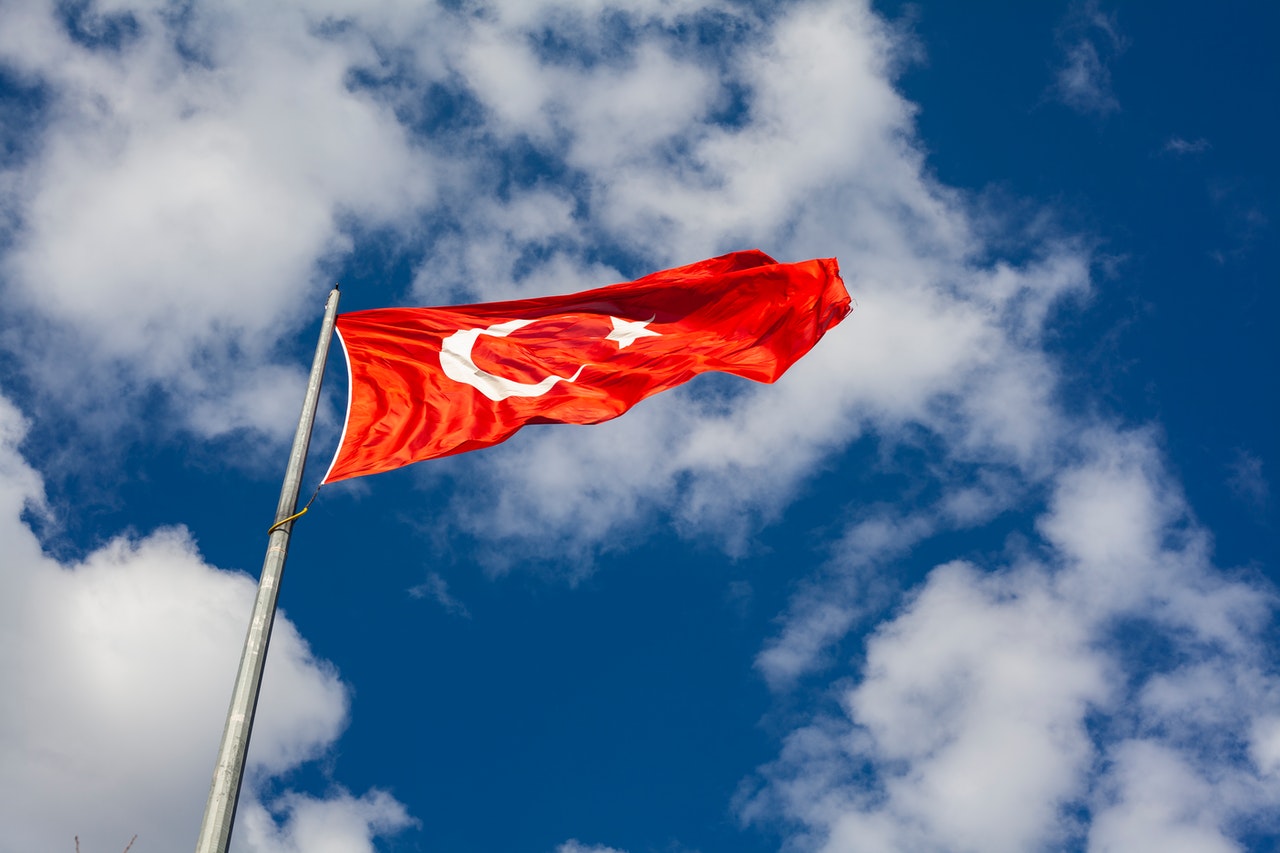Turkish ferrous trade paused on Monday as the country took stock of the 7.8 magnitude earthquake that struck at 04:17 local time near the city of Gaziantep, one of the largest earthquakes ever recorded in Turkey.
The thoughts of everyone in the industry were with those affected by the tremor, which also impacted neighbouring Syria and resulted in a second earthquake further north later on Monday. The combined death toll at the time of writing had reached 2,700 people and was expected to increase further. Turkish President Recep Erdogan declared seven days of national mourning until 12 February.
With the incident being so fresh, it was impossible to clearly assess its impact on the steel market. Various sources attempted to piece together what might follow.
Sources in Turkey said mills in Iskenderun, an area hit by the tremor, escaped serious damage, but companies were trying to locate some employees who were unaccounted for. Iskenderun’s port, meanwhile, was reported to have shut down operations after sustaining damage.
The Turkish agent of one European scrap supplier told Kallanish there were no negotiations taking place or contracts signed on Monday.
Although mills are seemingly undamaged, the availability of trucks will be an issue in the weeks following the earthquake, meaning prices of everything will go up, especially scrap, some sources indicated. An international trader meanwhile said there are expectations of long disruptions to exports from Turkey.
The situation was also being followed by buyers in other major scrap importing regions. Indian participants were aiming to start bookings for April arrivals, but the earthquake in Turkey has stopped them in their tracks. With shipments to Pakistan and Bangladesh already disrupted by financing issues, sellers will try to drop scrap offers to secure bookings in India, sources in the subcontinent opined.
The coming days should bring more clarity, but, for now, the industry’s thoughts are with those affected.
Adam Smith Poland






